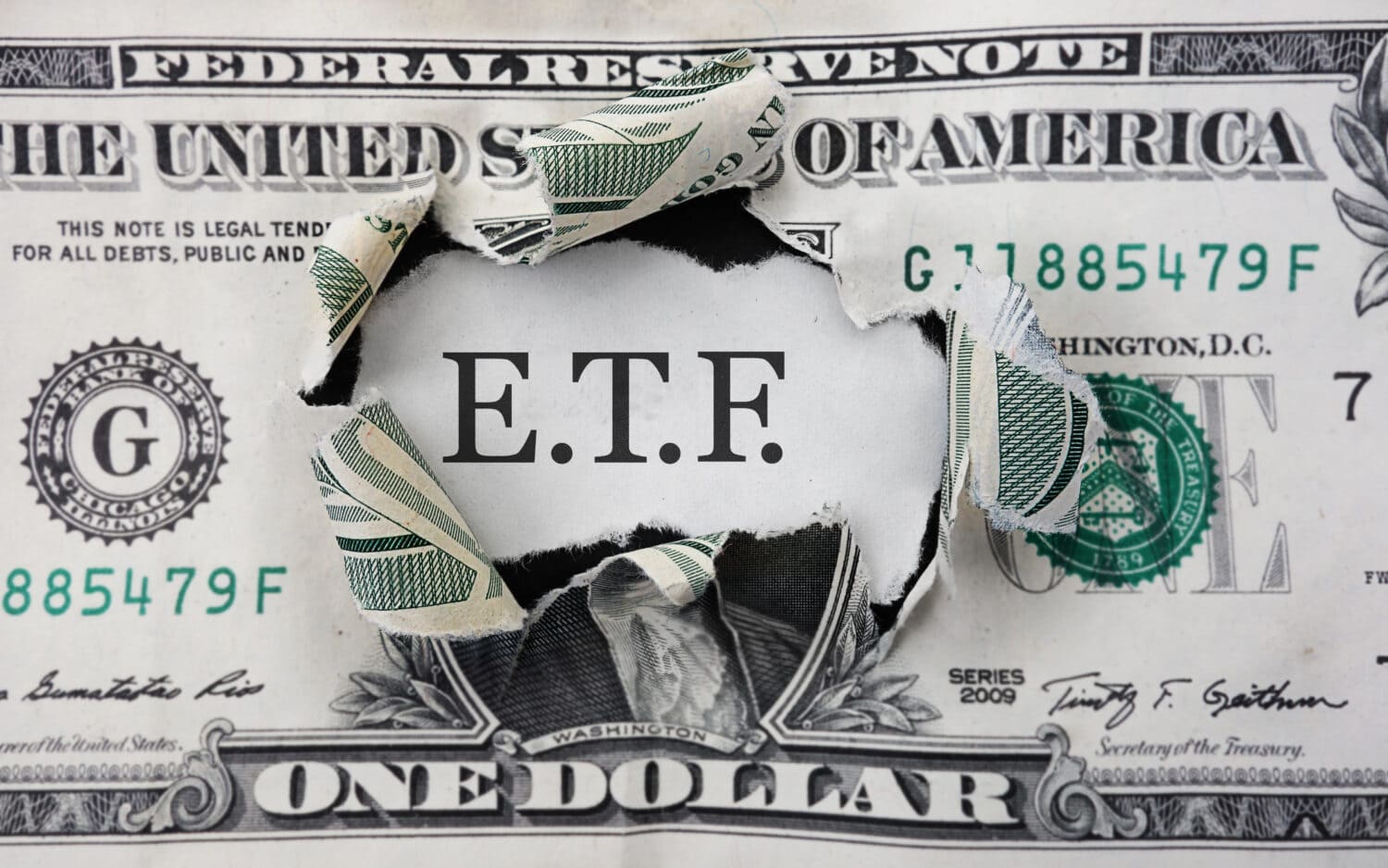Investing
VOO vs. QQQ vs. SCHD: What Is the Best ETF You Should Be Buying Today

Published:

The best vehicle for creating wealth is investing in stocks. Not gold, not bonds, not real estate. Although one asset class or another may beat stocks over shorter periods, the long-term results prove that if you want to accumulate wealth, investing in stocks is the way to go.
Data from Deutsche Bank (NYSE:DB) shows that over the past 100 years, equities beat out gold by 5.6% per year, housing prices by 6.6%, Treasuries by 6.8%, and oil by 8.4% per year.
The obvious conclusion for investors wanting the best chance of having a comfortable retirement, buying stocks and staying in the market for the long haul is the correct strategy.
Yet one of the keys to success is diversification so no one stock can sink your portfolio. And one of the best ways to do that is through exchange-traded funds (ETFs). They instantly provide investment in a broad swath of stocks and across numerous industries. Below are three of the best ETFs to buy today to give you that diversity and provide the best chance of growing wealth.

Plain vanilla investing is best and easiest. Because most investors don’t beat the market, then the next best thing is to buy the market. The benchmark S&P 500 index contains the 500 largest companies (503, really, because some stocks have two classes of stock) and ensures that as the market goes, so goes your portfolio.
The Vanguard S&P 500 ETF (NYSEARCA:VOO) gives you the chance to earn the index’s historical 10.5% average returns. It won’t give you that every year, but over the long term it has proved to be remarkably consistent. Over the past decade, however, VOO has generated total returns of nearly 271%, or a 14% annually. Year-to-date, the ETF is up 22.6%.
By going with the Vanguard ETF, you also give yourself one of the lowest expense ratios on the index (0.03%) allowing you to have virtually all of your money working for you.
While there is risk investing in the index that some analysts believe is poised for a downturn, the fact remains no one really knows. Bull markets tend to go on for years, and while a bear market can be painful, they tend to last just 15 months on average. Further, Charles Schwab (NYSE:SCHW) found that 80% of corrections since 1974 have not turned into a bear market.

For investors who would like more exposure to the tech market, the Invesco Trust Series 1 ETF (NYSEARCA:QQQ) tracks the performance of the Nasdaq 100 index. Tech stocks, of course, have been the stocks leading the market to new highs. That has led the ETF to handily outperform the Vanguard ETF over the past decade, generating total returns of 473%.
Yet it does introduce some sector concentration risk into the equation. Nearly 60% of the Nasdaq 100 is invested in the tech sector with another 18% in consumer discretionary stocks. The next closest sector is healthcare with a 6% representation.
The advent of artificial intelligence as an investment opportunity provides the potential for continued outperformance. AI is still in its infancy, which provides the chance for even greater gains in the future as more companies adopt the technology and it improves their efficiency. There could be a lull as businesses pause their spending to see if the payoff from their investment is as big as promised, but AI is not going away.

If investing in stocks is best for long-term wealth, then buying dividend growth stocks puts that strategy on steroids. Reinvested dividends account for 85% of the S&P 500’s total return since 1960. Moreover, the best performing stocks on the index going back to the 1930s have been those that initiated a dividend and raised the payout. They have never had a losing decade.
That makes the Schwab US Dividend Equity ETF (NYSEARCA:SCHD) one of the best vehicles for investing in income-generating stocks. It consists of over 100 dividend-paying stocks that sports a yield of 3.4%.
Although it was created in 2011, it has already established an enviable track record of dividend increases, raising the payout by an average of nearly 11% annually over the past decade. It just recently hiked its dividend by 15%, which followed an even larger increase in the second quarter of more than 23%. It also just effected a three-for-one stock split.
With a growing history of above-average share price appreciation and dividend growth, SCHD has established itself as a premier monster dividend ETF to own to juice your portfolio’s returns.
The thought of burdening your family with a financial disaster is most Americans’ nightmare. However, recent studies show that over 100 million Americans still don’t have proper life insurance in the event they pass away.
Life insurance can bring peace of mind – ensuring your loved ones are safeguarded against unforeseen expenses and debts. With premiums often lower than expected and a variety of plans tailored to different life stages and health conditions, securing a policy is more accessible than ever.
A quick, no-obligation quote can provide valuable insight into what’s available and what might best suit your family’s needs. Life insurance is a simple step you can take today to help secure peace of mind for your loved ones tomorrow.
Click here to learn how to get a quote in just a few minutes.
Thank you for reading! Have some feedback for us?
Contact the 24/7 Wall St. editorial team.